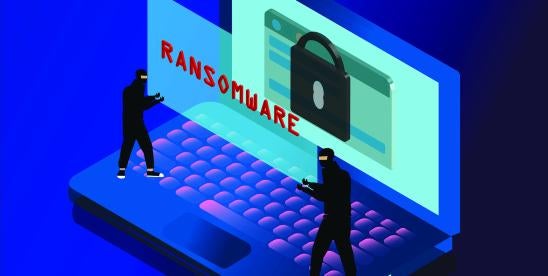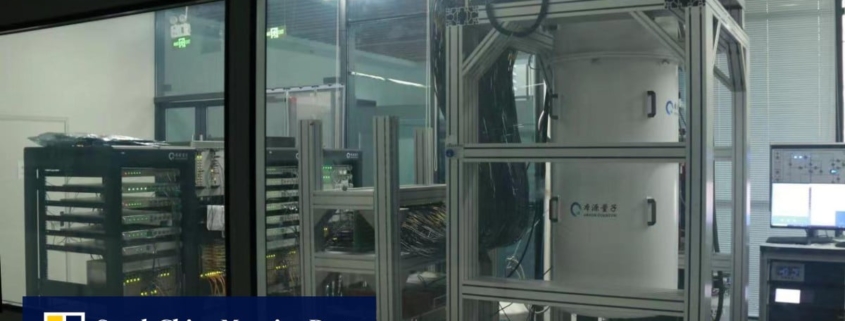Ransomware Attack on Brewery Shows Cybersecurity Risks
The recent ransomware attack against the Duvel Moortgat Brewery demonstrated the very real risk that cybersecurity incidents pose to the alcohol industry, reportedly halting operations for several days at four of Duvel Moortgat’s facilities in Europe and the United States. This attack comes after other major alcohol producers experienced disruptive ransomware attacks in the last several years. Incidents like these can be devastating for a company’s business and reputation, and hackers’ strategies are constantly evolving to maximize their damage. But companies can be prepared with an information security program designed to prevent successful attacks and quickly respond if one occurs. Experienced partners such as McDermott are critical resources throughout this process, enabling companies to better update and fortify their security programs.
The Growing Threat of Attack
Hackers have extorted companies through ransomware attacks for decades, but hacker strategies have evolved to increase the risks to companies, often resulting in a larger ransom for the hacker. A “ransomware” attack traditionally refers to a strategy in which a hacker gains access to a victim’s computer system, encrypts the information on those systems and demands a ransom payment to unlock that information. Victims may try to avoid paying the ransom by restoring most of their systems from backups, but hackers have recently introduced additional strategies that can complicate that recovery. Today, hackers often try to steal the victim’s information before encrypting it on the victim’s system, so that they can sell or publish the information if the victim refuses to pay the ransom. Hackers also may try to “corrupt” backups so that the victim cannot effectively restore its system without the hacker’s assistance. One ransomware group, AlphV, says that it also reports its publicly traded victims to the US Securities and Exchange Commission if they don’t pay the ransom.
Determining whether to pay a ransom is a complicated decision, with either choice presenting notable risks. The ransom will likely be expensive and must be paid without any guarantee that the hacker will make good on its promises….




